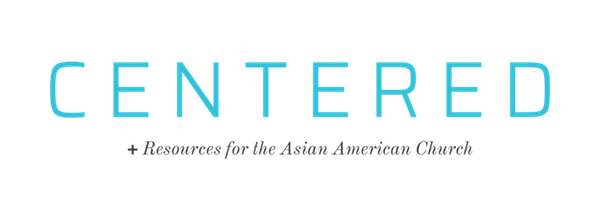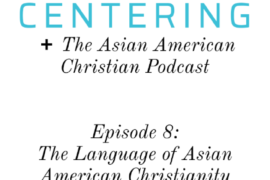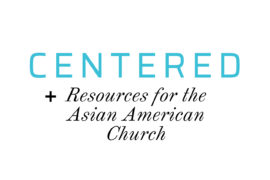If you’re Filipino American, you or someone you know can probably identify with some of the following statements:
- I make fun of Filipinos who speak English with strong accents
- I’d like to have lighter skin
- Filipino Americans should feel fortunate to be in the United States
- I sometimes wish I was a member of a different cultural group
- I’m sometimes ashamed of my ethnic/cultural background

These statements come from a study conducted by E.J.R. David and Sumie Okazaki (2006). They created a scale that measures the level of colonial mentality in a person. One of their findings was that individuals who had higher levels of colonial mentality also had lower levels of self-esteem and higher levels of depression.
Colonial mentality is an internal oppression that is installed via external oppression, a.k.a. classical colonialism. There are four phases of classical colonialism (Fanon, 1965) but the fourth and final phase is arguably the most insidious. This phase includes the “establishment of a society in which the political, social, and economic institutions are designed to maintain the superiority of the colonizer and simultaneously subjugate the colonized” (David, 2008, p.120). In other words, a colonized people begins to believe in their own inferiority and behaves accordingly. What’s worse is that these paradigms are passed down for generations through family systems which perpetuate these distorted rules of conduct.
a colonized people begins to believe in their own inferiority and behaves accordingly
It is no surprise that research has found numerous negative consequences of colonial mentality. It can account for 62% of the variance in Filipino Americans’ experience of depression (David & Okazaki, 2006), and has been linked to social anxiety, eating disorders, suicidal ideation, substance use, high-risk behaviors, low self-esteem, and depression. I myself have personally struggled, and still do, with many of the issues in that list.
In my life, the Gospel has been the only story that truly counteracted the narrative of colonial mentality. Undoing generations of internal oppression is not an overnight job, but the Gospel continuously challenges me to restructure my paradigmatic thinking. As the Gospel transforms my life, I learn to both 1) claim my inherent value as a human being created in the Imago Dei image of God, and 2) draw upon Holy power to overthrow external and internal oppression.
the Gospel has been the only story that truly counteracts the narrative of colonial mentality.
There is a lot more work that needs to be done to undo the chains of internal oppression. Some days, I feel so helpless and angry that it becomes impossible to hold onto hope for healing. On those days, I try to find rest in the God that promises to restore that which is broken. In closing, I leave you with some practices that I do in tandem with prayer and therapy to help dismantle the colonial paradigms that I still find in my life:
- Connect with other Christian Filipinos: Aside from being a lot of fun, it is helpful to talk to other people with whom you share similar life experiences.
- Connect with your (Filipino) anger: I grew up learning that it was not good for me to be angry. On various levels (i.e. being a woman, being a minority, etc.), I was conditioned to be amenable and adaptable. These aren’t “bad” characteristics in and of themselves, but they almost always functioned as suppressants to healthy anger which needed to be expressed. One creative way that I have begun getting back in touch with my anger is by listening to Filipino artists who have the courage to publicly channel their anger. There is a whole underground scene of Fil-Am hip-hop artists like Ruby Ibarra and Bambu de Pistola who have created music which points at and loudly rejects the systemic oppression of Filipinos.
- Connect with your pre-colonial regionality: There are a gazillion islands in the Philippine archipelago and therefore at least a gazillion Filipino subcultures. I come from the Visayas, where the indigenous healers of my region were counselors. Their philosophy of health was that individuals must be in harmony with God, themselves, others, and their environment, similar to what I do as a clinical psychologist in training.
These indigenous healers were called babaylans… which sounds a lot like my last name. Was there a babaylan in my ancestral heritage? Have I been drawn to a career in therapy under the influence of a pre-colonial ancestor? Does the babaylan spirit remain in me, unscathed by colonialism?
When I get in touch with my pre-colonial regional history, I am filled with reverence, appreciation, and awe. It helps me see that many good, beautiful, and even Christlike aspects of myself come from my Filipino roots and not the false salvation of a “Christian” colonizer.



Comments are closed.